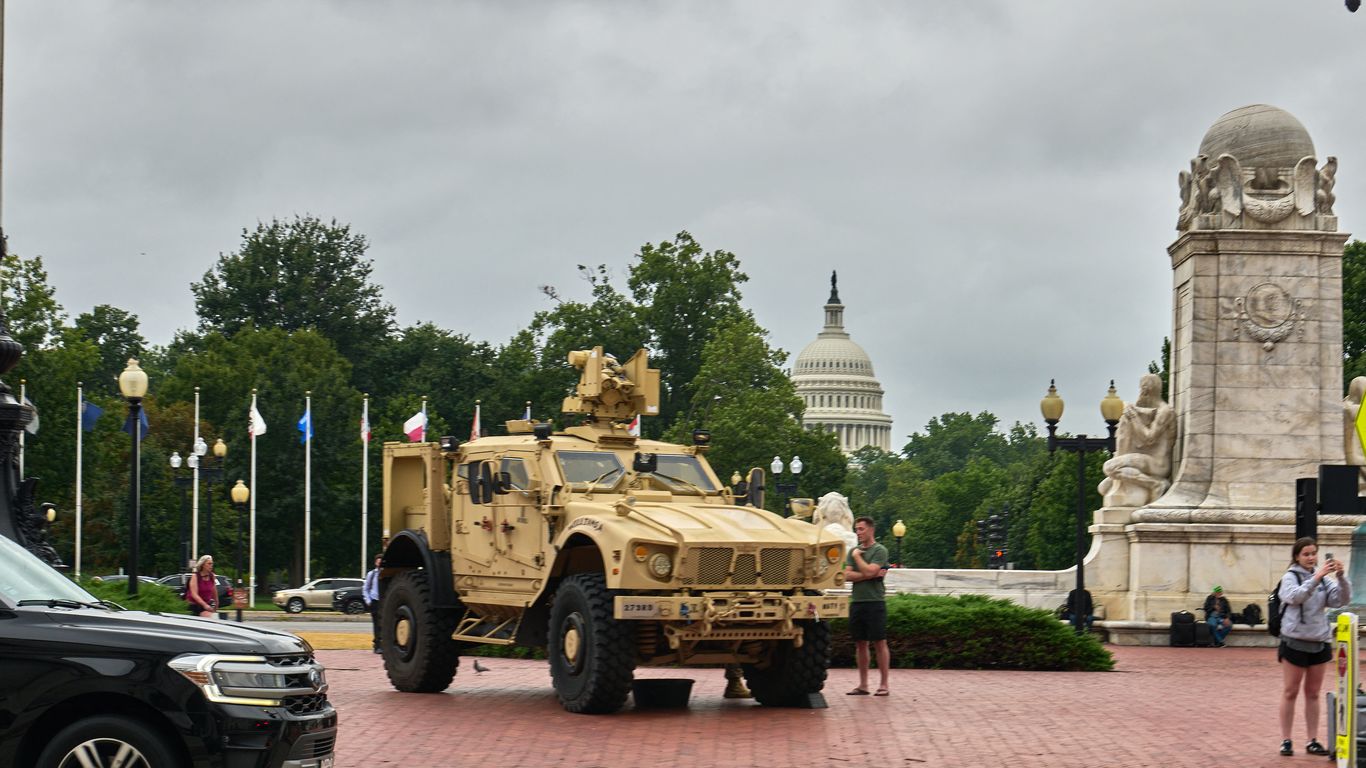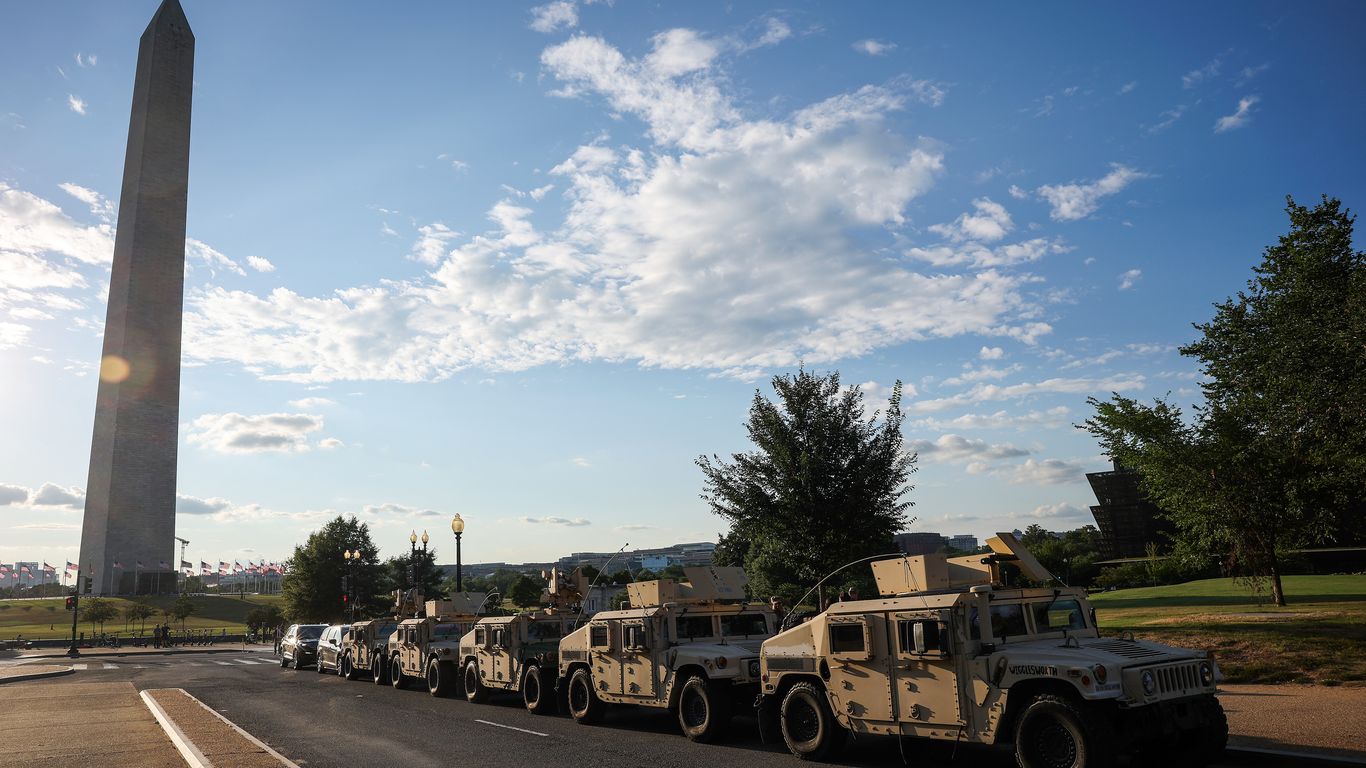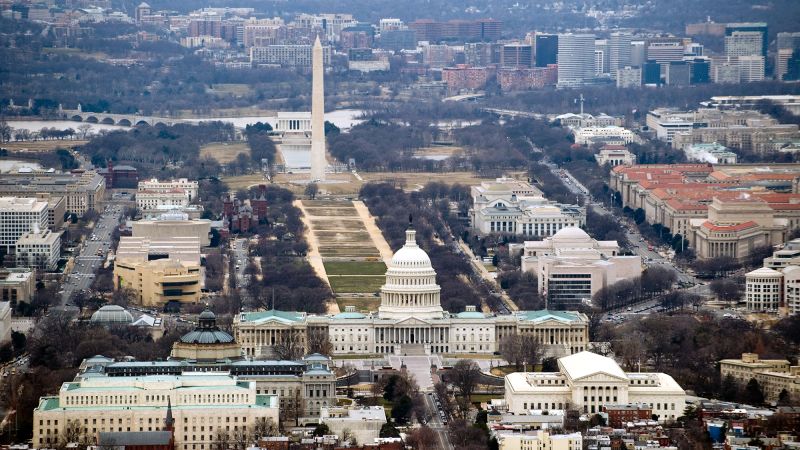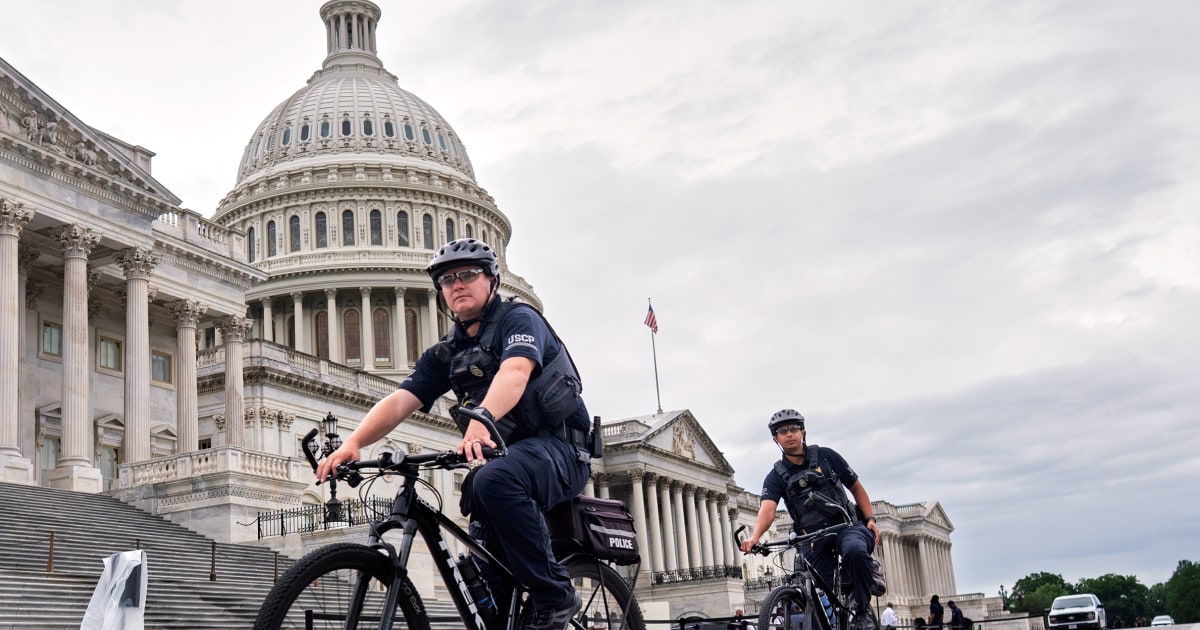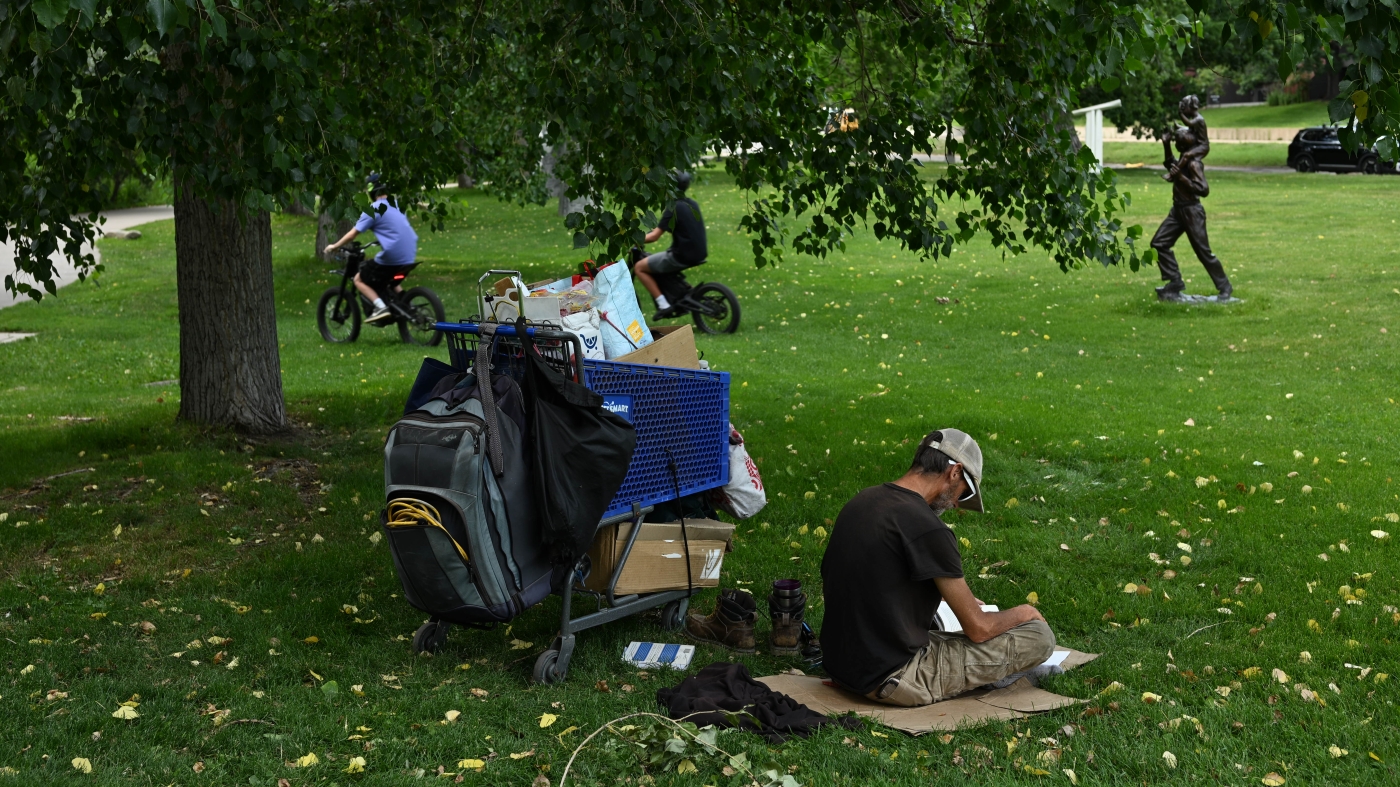Trump Threatens National Guard Deployment in Chicago

Introduction
In the midst of ongoing violence and crime in Chicago, President Trump has threatened to send in the National Guard to restore order. However, Mayor Brandon Johnson and Governor JB Pritzker have both made it clear that such action would be illegal and unwelcome in the city.
Challenges in Chicago
Chicago has long struggled with issues of crime and violence, particularly in certain neighborhoods. Despite efforts by local officials and community leaders, the city continues to face challenges in addressing these issues. The idea of sending in the National Guard may seem like a solution, but it raises several concerns and potential consequences.
Potential Implications
The deployment of the National Guard in Chicago could have serious implications for the city and its residents. Not only would it undermine the authority of local officials, but it could also escalate tensions and lead to further violence. Furthermore, it raises questions about the role and scope of federal intervention in local matters. Mayor Johnson and Governor Pritzker have stood firm in their opposition to such action, emphasizing the importance of upholding the law and respecting the rights of their constituents.
About the People Mentioned
President Trump
Donald John Trump, born June 14, 1946, in Queens, New York, is an American businessman, media personality, and politician who has served as the 45th and 47th president of the United States. He graduated from the University of Pennsylvania's Wharton School with a degree in economics in 1968 and took over his family’s real estate business in 1971, renaming it the Trump Organization. Over decades, he expanded the company’s holdings into skyscrapers, hotels, casinos, and golf courses, building a high-profile brand often associated with luxury and real estate development. Trump also gained fame as the host of the reality TV show *The Apprentice* from 2004 to 2015[1][3][7]. Trump entered politics as a Republican and won the presidency in 2016, defeating Democrat Hillary Clinton in an unexpected victory. His tenure from 2017 to 2021 was marked by significant policy shifts, including tightening immigration controls, imposing a travel ban on several Muslim-majority countries, expanding the U.S.–Mexico border wall, rolling back environmental regulations, implementing major tax cuts, and appointing three Supreme Court justices. His foreign policy included withdrawing the U.S. from international agreements on climate change and Iran’s nuclear program, and initiating a trade war with China. Trump's handling of the COVID-19 pandemic was widely criticized for downplaying the virus's severity. After losing the 2020 election to Joe Biden, he challenged the results, culminating in the January 6, 2021, Capitol attack. Trump was impeached twice but acquitted both times by the Senate[1][2]. In a historic political comeback, Trump was re-elected and inaugurated for a second non-consecutive term on January 20, 2025, becoming the oldest president to assume office at age 78. He remains a highly influential and polarizing figure in American politics[2][7]. Trump is married to Melania Trump, with whom he has one son, Barron, and has four adult children from previous marriages. He has authored several books, including *The Art of the Deal*, a business bestseller[3][5][7].
About the Organizations Mentioned
National Guard
## Overview The National Guard is a unique component of the United States Armed Forces, serving as both a state and federal military reserve. It is divided into the Army National Guard and the Air National Guard, each functioning as the primary combat reserve for the U.S. Army and Air Force, respectively[1][5]. Unlike other military reserves, the National Guard can be activated by state governors for domestic emergencies—such as natural disasters, civil unrest, or public health crises—while also being deployable overseas by the president during national emergencies or conflicts[1][2]. This dual role makes it a critical bridge between civilian life and military service, with most members serving part-time while maintaining civilian careers or education[1][7]. ## History The National Guard traces its origins to 1636 in Salem, Massachusetts, making it the oldest military organization in the U.S.[4][6]. Initially formed as local militias for community defense, it evolved into a structured reserve force integral to every major U.S. conflict since the nation’s founding[6]. The modern National Guard was formally established by the Militia Act of 1903, which standardized training and equipment across states and created a federal role for the Guard[4]. ## Key Achievements The National Guard has been pivotal in both domestic and international crises. Domestically, Guard units have responded to hurricanes, wildfires, the COVID-19 pandemic, and civil disturbances, providing essential support to local authorities[2][6]. Internationally, Guard units have deployed to conflicts in Afghanistan, Iraq, and the Balkans, as well as peacekeeping and training missions worldwide[2][5]. The Guard’s State Partnership Program also fosters military cooperation with over 100 nations, enhancing global security partnerships[5]. ## Current Status and Notable Aspects Today, the National Guard comprises approximately 430,000 members across all 50 states, Washington, D.C., and U.S. territories[1][6]. It is overs

